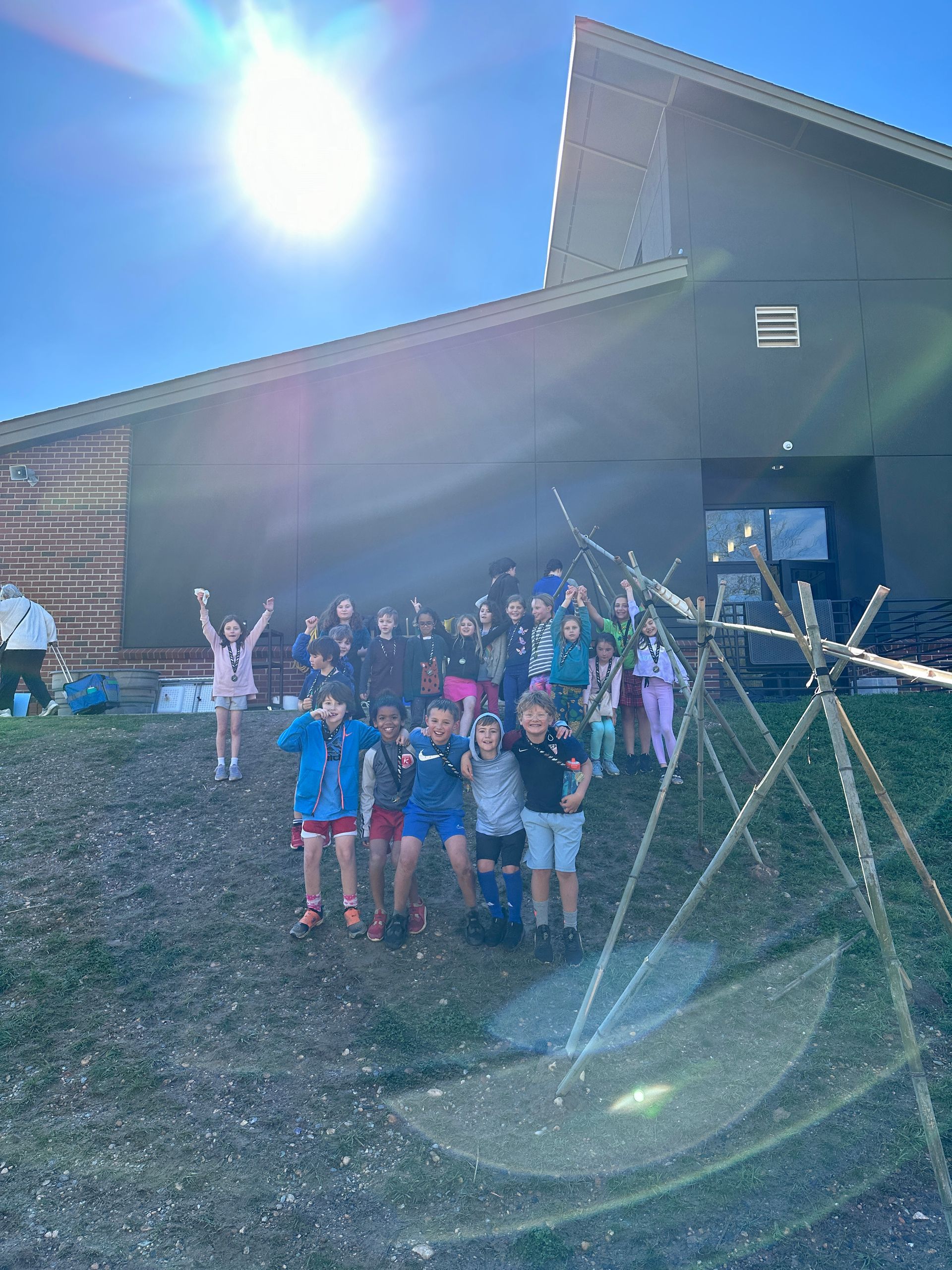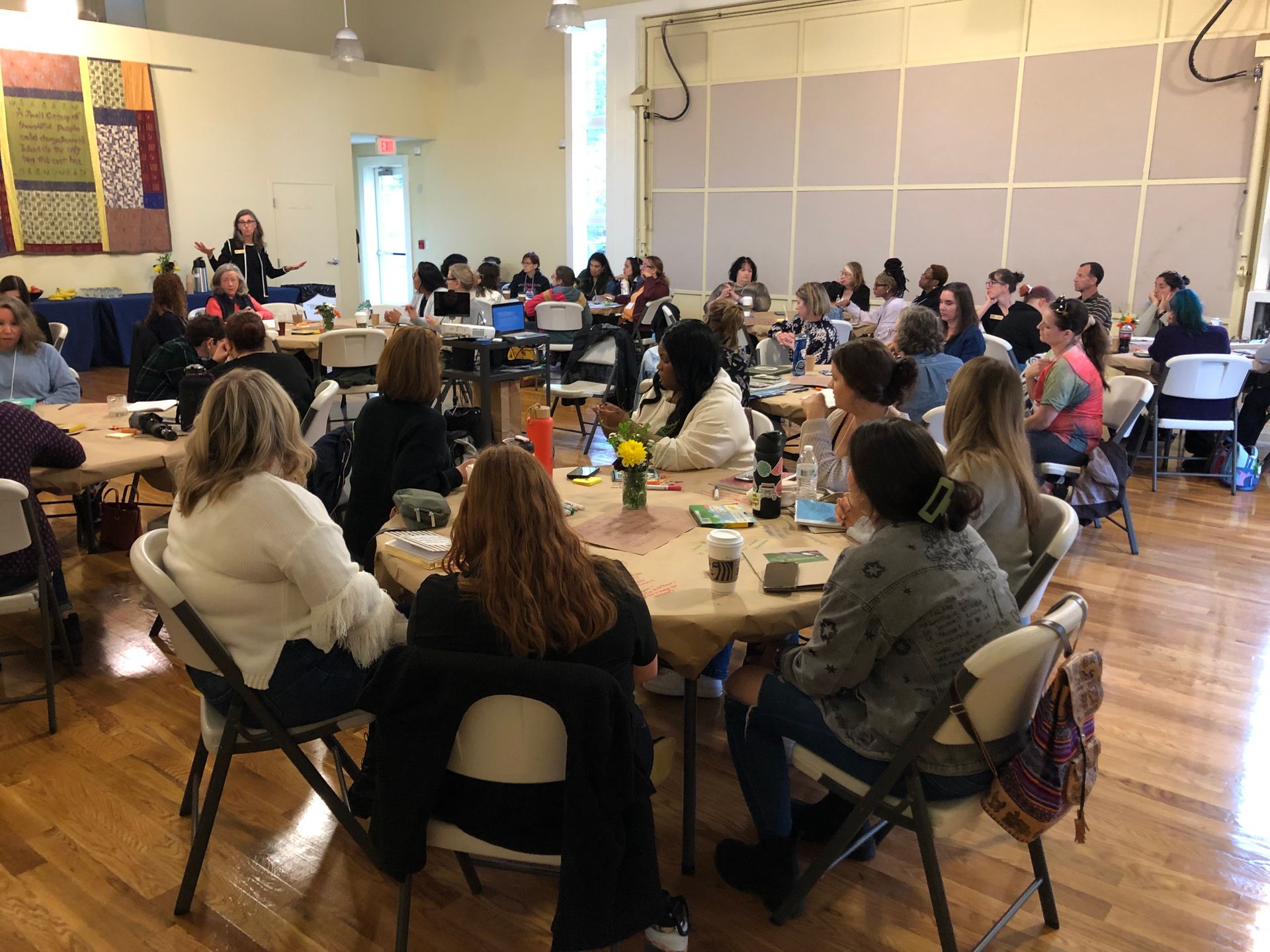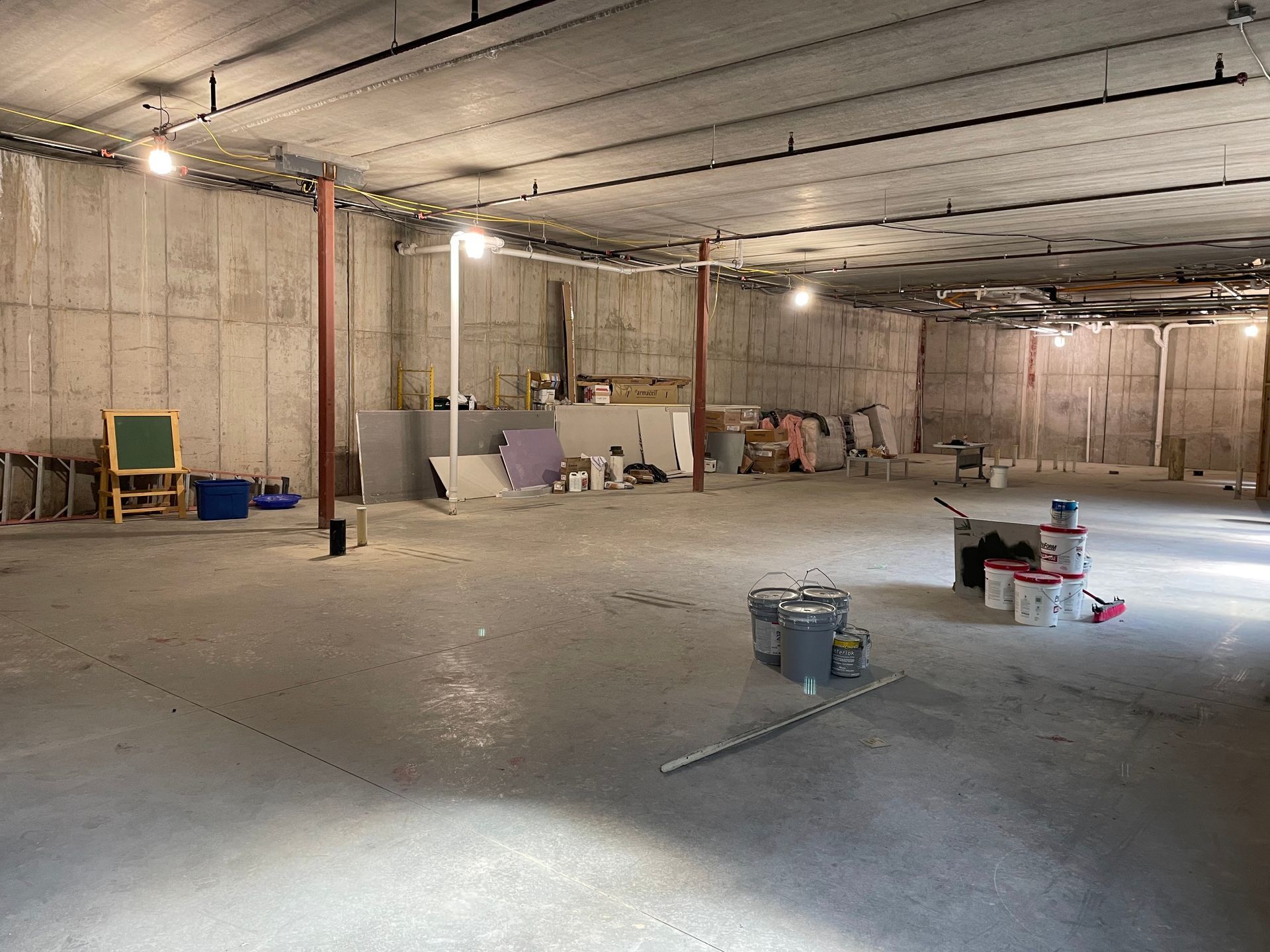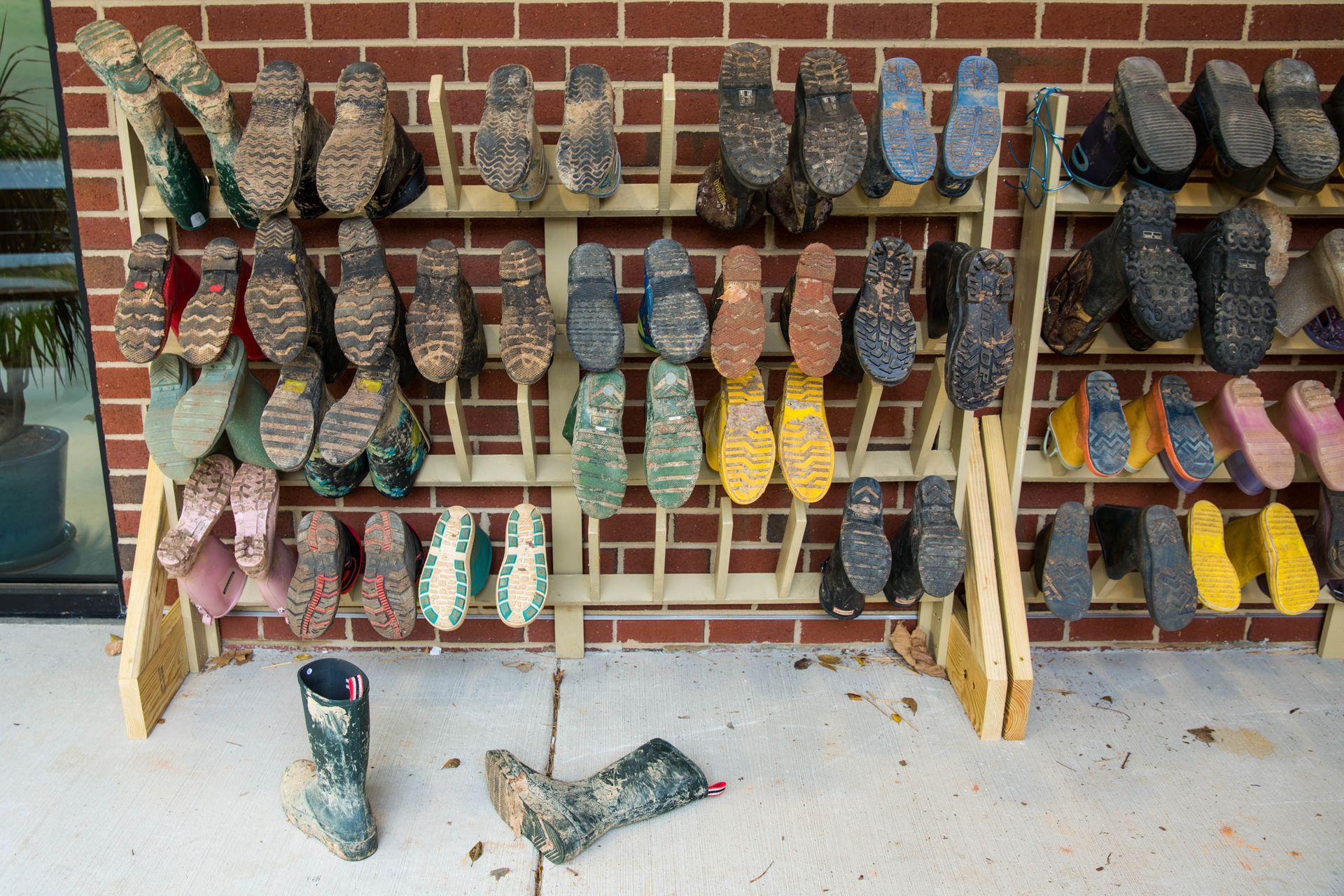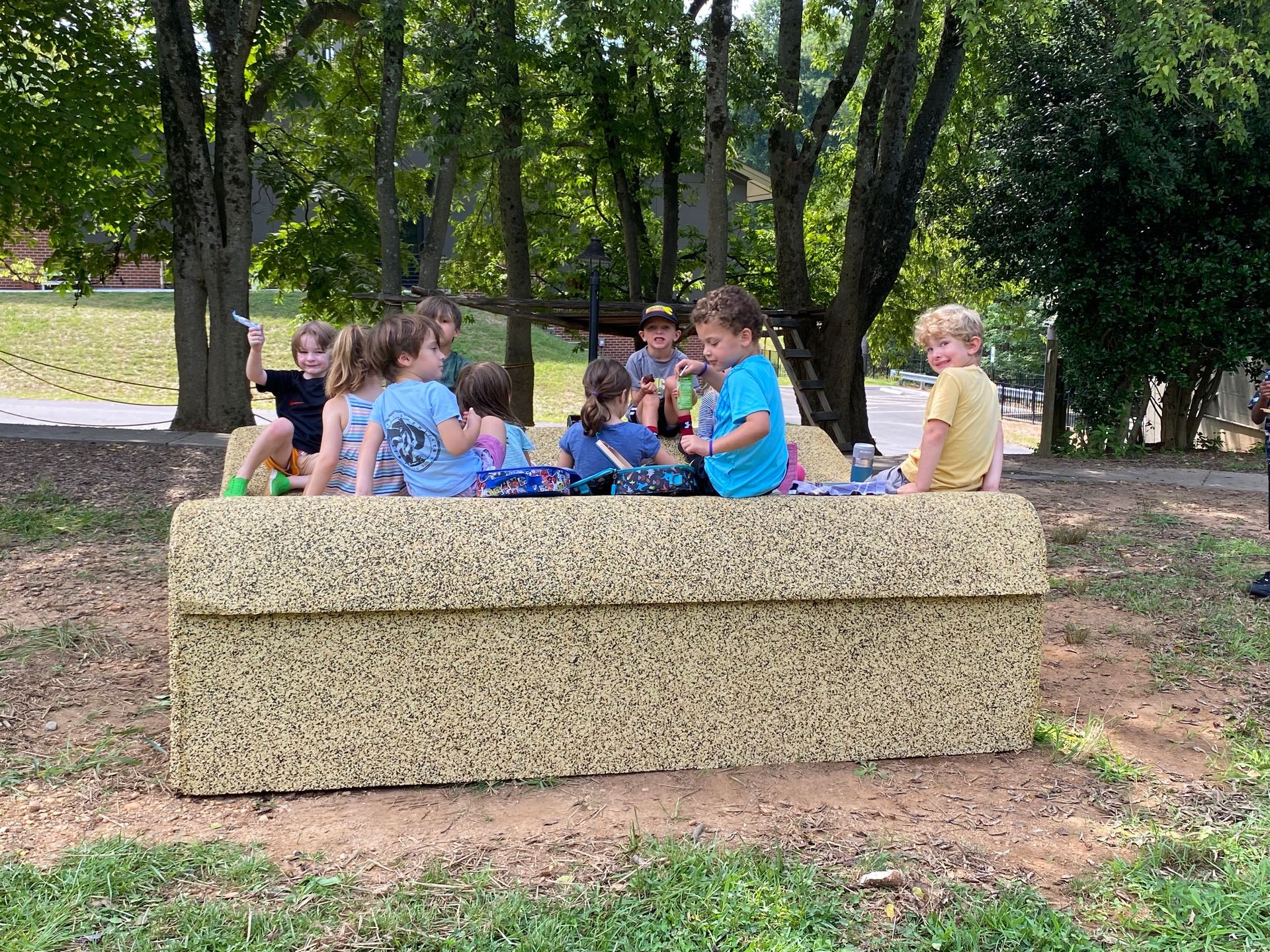
Getting ready for Classroom Jobs
Today, classroom jobs were announced. Everyone got their first or second choice, and they were all pretty excited about that. We had our first jobs time this afternoon, Plans were made and work has begun. I don’t think the overhead projector has ever been this clean!
The first thing that the group had to do was set their culture’s way of paying for labor. We talked about the things that do and do not get rewarded in the United States. We pay more for special skills, taking some sorts of risks, and special equipment, and creativity. We usually pay less for physical risks and hard labor.
The class felt that our culture should learn from the American culture, but not be exactly the same. For example, everyone agreed that hard physical work should be well rewarded. This year, very few people were in favor of everyone getting the same salary, but when they picked out the things that should be rewarded, at least one of the categories would cover most of the class jobs. Kristin and I have been observing this, but not intervening and forcing them to a decision. But the group decided that they should decide salaries BEFORE they knew what their jobs were, otherwise, most people would just advocate for their jobs to be well paid. And Kristin and I were ready to make announcements when they had made their decisions.
Nolan pointed out today that the discussion had been going in a circle with no resolution. He didn’t think we should try to discuss any more. But in order to vote, we would need written proposals to vote on. Randomly chosen groups of 4 had to meet for 15 minutes to agree on one proposal for voting. Only two people voted for everyone being paid the same, everyone else voted for a variable salary.
So then we had to come up with salaries. As you can see, there was negotiation in each group of 4. We projected the proposed salaries, and a few of they were very close together. Those we were able to quickly establish by consensus. For the final group of salaries, we voted by secret ballot. I announced salaries at $25 increments from the bottom salary proposed. Class members raised their hands when the lowest salary acceptable to them came up. When 9 hands (simple majority) were raised, we set the salary there.
Even more than starting salary, the group is committed to some structure for raises for good work- Tom said: “raises make you want to do better.” Everyone wants the chance to better themselves. The first proposal was that I would give raises. I refused to do so on the grounds that I might be biased and unfair. In order to give raises, there would need to be a fair system. Back to small group negotiations!
There were two major proposals:
Sydney proposed that people apply for a raise by filling out a form for people to list the ways that they were providing extra value in their job. They would have it witnessed by several people and approved by a teacher, then they would be eligible for a raise. This seemed like a good idea, but there were a few concerns. What if best friendism prevailed and people just signed off for each other? What if someone did an extra good job to get the raise but upon receiving it, just “got lazy”?
Oliver had an alternative proposal. There would be a list, constructed by the person and the group of what was necessary behavior for a raise. Each job group could have job specific things, and then there could be an overall list which would apply to any job. This was also well received,
but with a few reservations- what if you came up with something great which wasn’t on the list already?
The winning idea was a combination. For the next two weeks, we will brainstorm the lists, and see if we can come up with a good plan. No one thinks you should have a raise for doing your work without being told to, or respecting your work group, but it should be something “extra.” The last item on each list will be “to be determined.” You can fill out a request to add an item to the list later by filling out Syd’s form for a raise and getting a student and a teacher to sign off that you are doing it.
The pay cut list is not currently under discussion, although it has been suggested.
Kristen and I are giving information when asked for about the outside world, taking notes, and handling the organization of the meetings for now. Although we see several possible pitfalls ahead, we are not intervening. In this instance, constructivism will involve letting the consequences happen and not letting them be sidestepped, either by making them go away, or by stepping in to manage their decisions. It is dealing with the fallout of your decisions that allows for engagement, and makes for authentic learning.
The post Getting ready for Classroom Jobs appeared first on Sabot at Stony Point.

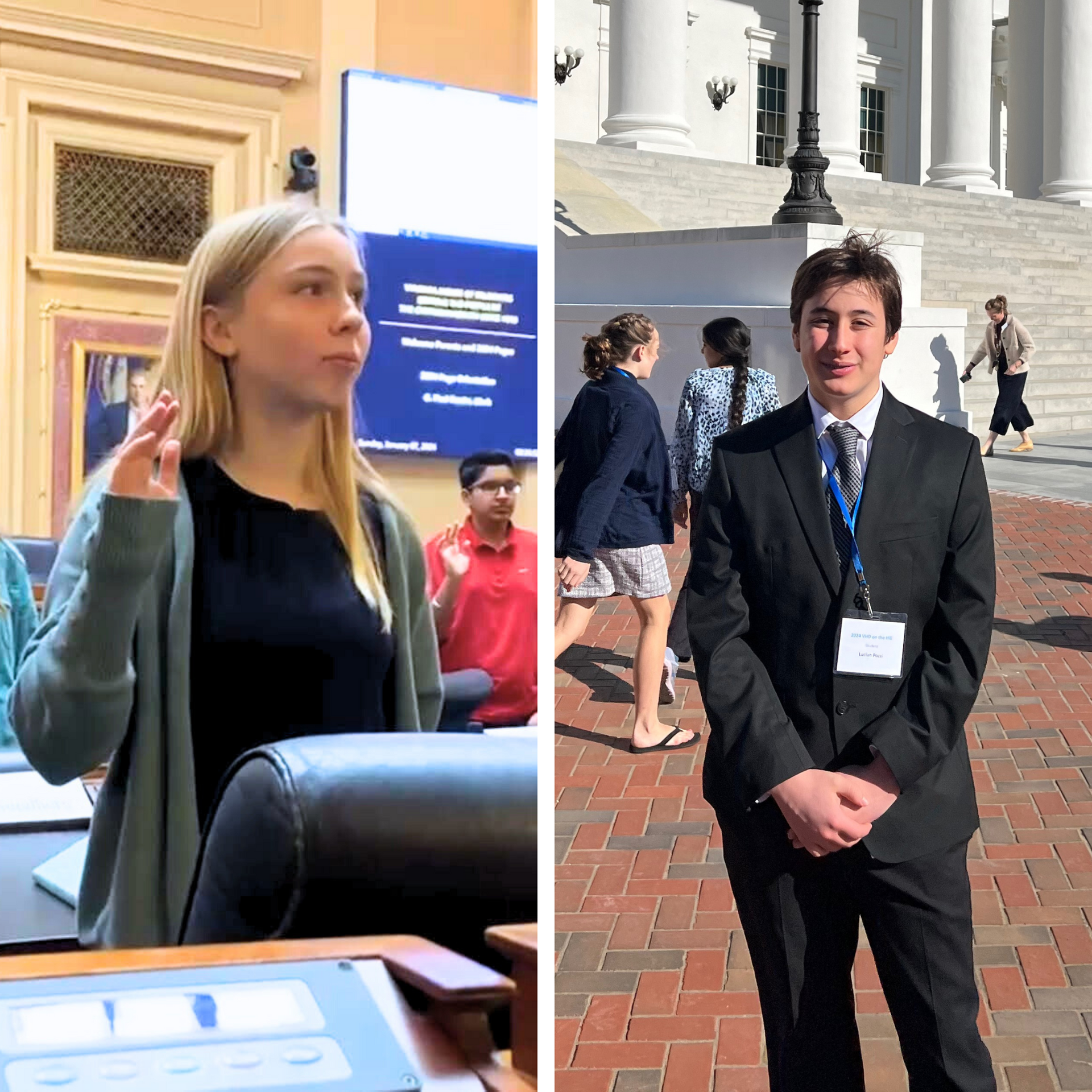

Progressive education for children in preschool through eighth grade.
3400 Stony Point Road
Richmond, Virginia 23235
p (804) 272-1341
f (804) 560-9255






